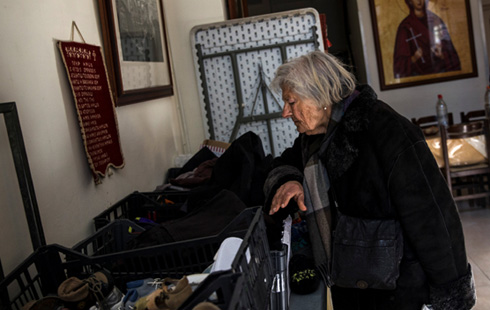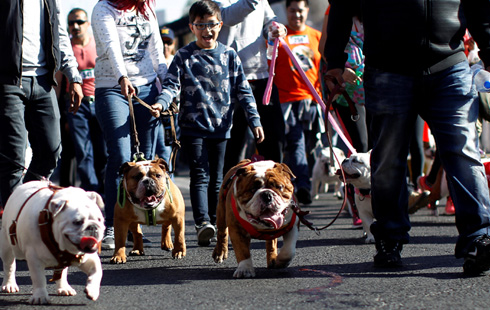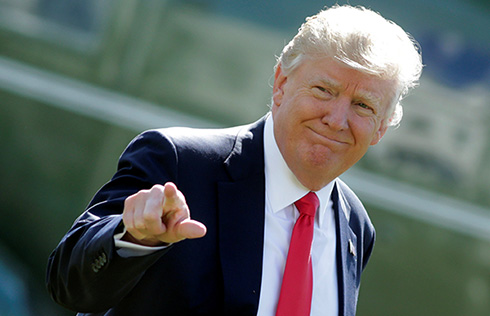Japan's resistance to facing up to history persists
Atlanta is not the only place where the Japanese government has tried to block memorials or monuments that showcase its war-related atrocities and crimes.
In early February in San Francisco, the municipal government announced that it expected to receive in March a "comfort women" memorial as a gift from an activist group. It's the first-ever memorial to "comfort women" in a major US city.
The statue, which depicts a trio of women with linked hands as a fourth woman looks on, is expected to be installed at St. Mary's Square in Chinatown this year. San Francisco's city board of supervisors in 2015 unanimously approved the project, which was pushed through by retired San Francisco superior court judges Julie Tang and Lillian Sing.
The inscription on the statue reads, "This monument bears witness to the suffering of hundreds of thousands of women and girls euphemistically called 'Comfort Women,' who were sexually enslaved by the Japanese Imperial Armed Forces in 13 Asian-Pacific countries from 1931 to 1945.
"Most of these women died during their wartime captivity," the inscription continues. "This dark history was largely hidden for decades until the 1990s, when the survivors courageously broke their silence. They helped move the world to declare that sexual violence as a strategy of war is a crime against humanity for which governments must be held accountable."
Opposition from the Japanese government and members of the Japanese-American community in the Bay Area has been fierce, calling the memorial's message "divisive."
The Japanese right wing tried to kill the project from the very beginning by lobbying the San Francisco government at every level. The most prominent objection was from Hirofumi Yoshimura, mayor of Osaka, a sister city of San Francisco, who called the installation "unprecedented".
But San Francisco Mayor Ed Lee pushed back, writing in a Feb 3 letter to Hirofumi: "San Francisco has many public and private memorials that commemorate some of history's darkest moments, as well as call for peace and reconciliation."
The memorial is important because Japan has never formally apologized for the suffering it inflicted on these women. The Atlanta organization stressed the significance of establishing the statue to promote both human rights and as a reminder to never repeat the unfortunate history between the two Asian countries.
"Truth and justice shall prevail," said Ding Yuan, executive vice-president of the Global Alliance for Preserving the History of WWII in Asia, a Cupertino-based human rights organization established in 1994.
"More WWII memorials and monuments will be erected in the US and elsewhere to honor the victims of Japanese wartime atrocities in the coming months and years as those sprung up to honor Holocaust victims in the 1970s," Ding added.
Contact the writer at junechang@chinadailyusa.com.




















